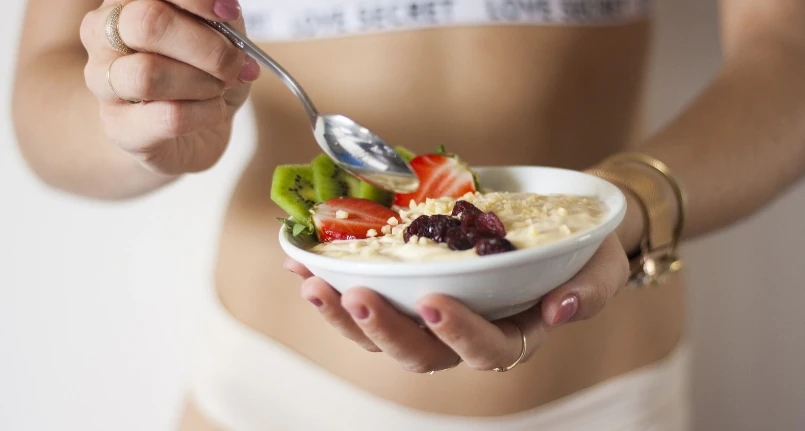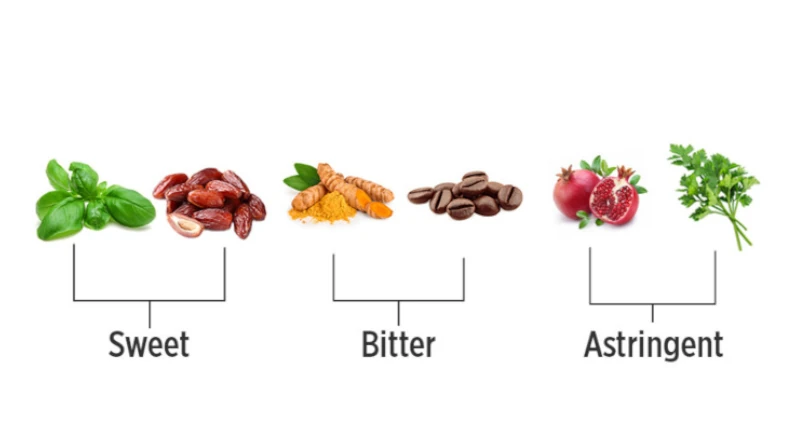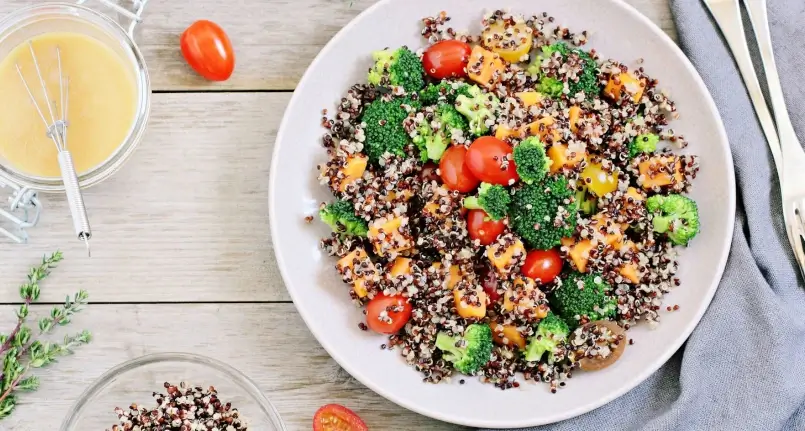Introduction
We often discuss how important nutrition is for the proper functioning of the body. To stay healthy, there are several foods to avoid. Among these, undoubtedly, are those with a high inflammatory power, harmful to the body, but fortunately replaceable with more genuine and natural alternatives. When consumed frequently, inflammatory foods endanger the arteries , heart and liver .
What are inflammatory foods? First of all, most ready meals contain inflammatory foods , as well as preserved and industrial ones, as they are full of sugars , invert sugars, salt, hydrogenated fats , oils and alcohol . In this sense, it is advisable to always read the labels to find out which are the potentially dangerous ingredients of a food. Refined sodas and carbohydrates, as well as red meat and processed meats, are among the most inflammatory foods. These foods also, which have often been associated with an increased risk of chronic diseases such as type 2 diabetes andheart disease , associated with excessive inflammation.
Inflammatory state
The immune system kicks in when the body recognizes anything foreign that causes a process called inflammation. The inflammatory state, harmful to health, often persists for a long time, even when there does not appear to be a threat from an identified external agent, such as pollen , chemicals, etc. This is because many foods that we introduce into our diet every day trigger inflammation. Many major diseases including diabetes , arthritis , depression , heart disease and Alzheimer’s have been linked to chronic inflammation.
Inflammatory foods
The main inflammatory foods to avoid or greatly reduce in daily consumption include:
Salt
Sodium , contained in traditional salt , is highly inflammatory. It is mainly found in packaged or processed products , which should be avoided in order to drastically reduce the daily intake. The salt can be replaced with: low sodium salt , sea salt or Himalayan pink salt , which have a much lower sodium content.
Sugar
Processed sugar is ubiquitous . It is found in snack foods , cookies and sugary snacks , fizzy drinks and fruit juices . In this case, it is better to consume homemade cakes with genuine ingredients, or juices and fruit juices with no added sugar (ie other than fruit sugar). Sugar can easily be replaced with sweetening alternatives such as honey , maple syrup , agave syrup , high fructose corn syrup or stevia .
Flour
Even traditional flours such as type 00 or 1, in general those made from wheat can be a source of inflammation . Avoid industrial bread products, such as packaged bread, focaccia and pizzas , and prefer organic flours, almond or coconut flour , or oats .
Vegetable oil
There are processed oils such as vegetable, rapeseed and safflower oils , which have a high inflammatory potential. Also in this case, ready meals, spreadable creams, industrial sweets, are rich in these compounds. It’s easy to find alternatives, because they can be replaced by coconut oil , extra virgin olive oil (non-industrial), hemp, chia or avocado oil .
Cow milk
Even cow’s milk and its derivatives of industrial origin, such as cheese , yoghurt, etc., can be considered ‘inflammatory’ foods. Replace it with sheep’s milk or goat’s milk : both are more digestible and certainly less allergenic because they are less rich in casein .
Alcohol
Considered one of the most inflammatory and most harmful foods/drinks for health. Avoid drinking spirits , or excessive amounts of wine or beer which would inflame the liver.
Foods that create inflammation
Listed here are the foods that cause more inflammation in the body:
- refined carbohydrates : such as white bread and sweets
- fried foods
- soda and sugary drinks
- red meat ( hamburgers , steaks)
- sausages and processed meat ( hot dog , sausage )
- margarine
- lard
Anti-inflammatory foods
A list of foods to introduce into the daily diet to counteract the inflammatory stages of the body:
- tomatoes
- leafy greens , such as spinach , kale , chard , collard greens , chicory
- oily fish such as salmon , mackerel , tuna and sardines
- fruits such as strawberries , blueberries , cherries and oranges
- dried fruits such as almonds and walnuts
- olive oil




